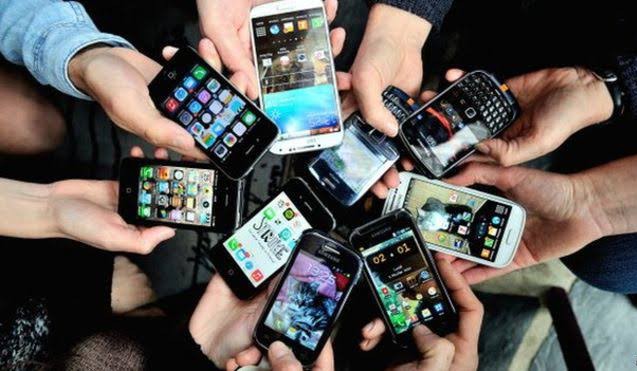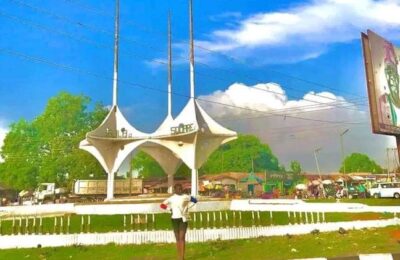In a world increasingly shaped by digital access, the commodification of mobile data in Nigeria has become both a national embarrassment and a quiet humanitarian crisis. While advanced economies like the United States and Canada offer free Wi-Fi in streets, public libraries, and train stations, many Nigerians are still paying through the nose just to send an email or attend an online class. Mobile data in Nigeria is eaten up like cake—greedy telecom giants like MTN, Glo, Airtel, and 9mobile feast on consumers’ wallets while offering little accountability in return. And the bitter truth is this: until mobile data is treated as a fundamental right rather than a profit engine, Nigeria will continue to sabotage its digital destiny.
Recent social media protests like #StopDataStealing and #DataIsLife captured a haunting reality—people buy 2GB of data and watch it vanish faster than they can stream a 10-minute YouTube video. The so-called “background apps” explanation offered by service providers has become a tired excuse in the mouths of customer service representatives, often leaving users feeling gaslit and helpless. The question now is: why is a resource so abundant elsewhere being sold like a gold-plated commodity in Africa’s largest economy?
Statistics from the Alliance for Affordable Internet (A4AI) show that Nigerians spend over 5-10% of their monthly income on just 1GB of data, a figure drastically higher than the UN-recommended standard of 2% of income. In nations where the economy is still largely informal and minimum wage stagnant, this is daylight robbery masked as business. In contrast, in countries like Germany and Canada, households subscribe to monthly or even yearly broadband plans with hundreds of gigabytes, while in Nigeria, 8 GB gets swept like water within minutes—leaving consumers stranded in a digital desert.
What is even more distressing is the social damage this unregulated exploitation has caused. Many low-income Nigerians, particularly young people, are forced into a cycle of digital debt. They borrow airtime or data from their network providers, use it temporarily, and then discard the SIM card to avoid repayment. A new SIM is bought, the cycle begins again, and millions of lines become ghost numbers in the NCC database. This is not just an economic issue—it’s a moral crisis. When survival outweighs integrity, even simple virtues like honesty become casualties of poor policy.
But why does the government continue to look away while the people groan? There is no denying that the telecom sector is a major revenue generator through taxes and levies, but is that worth the digital asphyxiation of over 200 million citizens? The government’s inaction is tantamount to collusion. If we can nationalize oil, why can’t we create a government-owned data network that prioritizes affordability over profit? Nigeria needs not only regulation but revolution in its telecom policies.
Former Minister Dr. Isa Pantami once declared, “You cannot digitize poverty,” yet poverty is exactly what is being digitized in rural communities where even radio and television signals are a luxury, let alone access to quality data. In places like Oforachi, Ayah, and Orunu, people walk kilometers just to download a school assignment or send a job application. If data continues to be rationed like fuel during a war, then dreams will keep dying in silence.
Globally, nations are recognizing internet access as a human right. The United Nations Human Rights Council in its resolution affirmed that denying access to the internet is a violation of human rights. If that principle holds water, then Nigeria is failing its people. The digital age demands digital infrastructure—not just in coverage, but in equity. A country where only the rich can afford consistent internet is a country digging a deeper trench of inequality.
Furthermore, transparency must be enforced in data consumption metering. It is suspicious that data finishes rapidly across all networks and in identical patterns. Is this coincidence or a coordinated exploitation? Data must not be invisible magic—it must be measurable, traceable, and user-friendly. The NCC must step up not just as a regulatory body but as a defender of public trust.
As Martin Luther King Jr. once said, “Injustice anywhere is a threat to justice everywhere.” The current data regime in Nigeria is unjust, exploitative, and sabotaging our future. Access to affordable data is no longer a luxury—it is a civil right. Until data prices reflect the reality of Nigerian incomes, and the government provides sincere solutions—not just lip service—the dream of a digital Nigeria will remain nothing but a costly illusion.
– Inah Boniface Ocholi writes from Ayah – Igalamela/Odolu LGA, Kogi state.
08152094428 (SMS Only)




